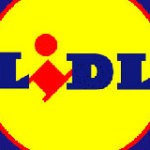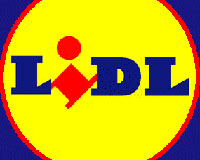 A Lidl executive has admitted that the supermarket chain made a “U-turn” in negotiations with a would-be partner after acquiring a £6.5m site in Brentwood, Essex.
A Lidl executive has admitted that the supermarket chain made a “U-turn” in negotiations with a would-be partner after acquiring a £6.5m site in Brentwood, Essex.
The chain’s regional property director, Robert Beaumont, gave evidence in the trial of Generator Developments’ claim against Lidl for a share in the site.
In cross-examination, it was put to Beaumont that, following four months of negotiations with Generator with a view to taking forward development of the site together for their joint benefit, it was a “complete about-face” in April 2014 for Lidl to break off the negotiations and proceed to market the site to other builders.
Mr Beaumont said: “A U-turn, yes.”
Generator’s counsel, Jonathan Gaunt QC, also put it to Beaumont that, at a meeting in February 2014 after Lidl had decided to go out to the market, the “open and honest thing” would be to tell Generator that offers were being solicited from other people in order to check Generator’s pricing.
Beaumont replied: “Looking back, that probably may have been something that we should have done or could have done.”
He said he had negotiated with Generator “in good faith” but had failed to reach agreement over the terms of any deal, and that negotiations with other developers were part of the due diligence process.
Even after contact with other developers, he said that Lidl continued trying to reach a deal with Generator, adding: “I wasn’t trying to cut Generator out of anything.”
Generator claims that it and Lidl agreed a joint venture, under which the supermarket chain would rely on the developer’s expertise in obtaining planning permission for mixed-use on a site that was zoned for residential.
However, Generator says the German retailer abandoned the deal after acquiring the site in 2014. Generator claims that it is entitled to a share of the land under a “Pallant v Morgan” constructive trust – named after the case of Pallant v Morgan [1953] Ch 43.
It says that Lidl gave no warning of its changed intentions and continued to encourage Generator to expend time and money in pursuit of a joint venture.
Lidl denies the allegations made, and argues that no such trust arose.
Lidl has declared an intention to bring the site to market, but Generator hopes to win the opportunity to seek and obtain planning permission, which would considerably increase the site’s value, then take a share in the profits on eventual sale.











